Philip III of France

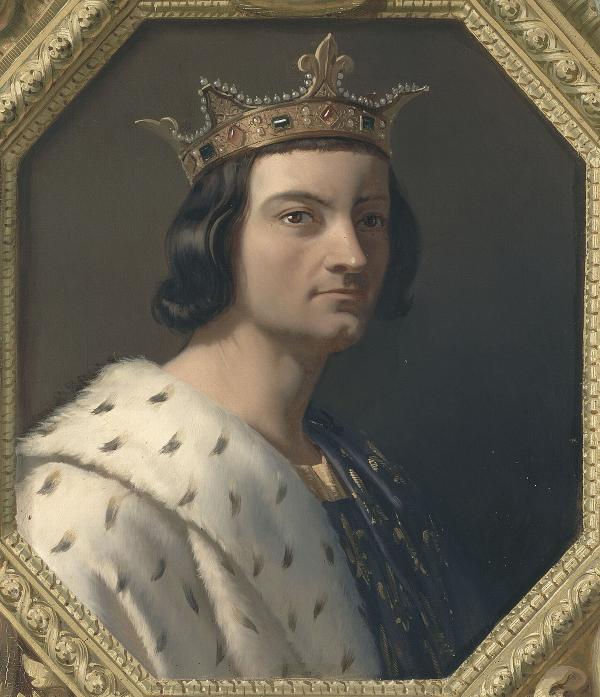 Philip III
Philip IIIA summary of Philip III's biography:
Full name: Philip III
Date of birth: April 30, 1245
Place of birth: Poissy, France
After: Louis IX
Successor: Philip IV
Nickname: Fearless
Religion: Catholic
Death: October 5, 1285
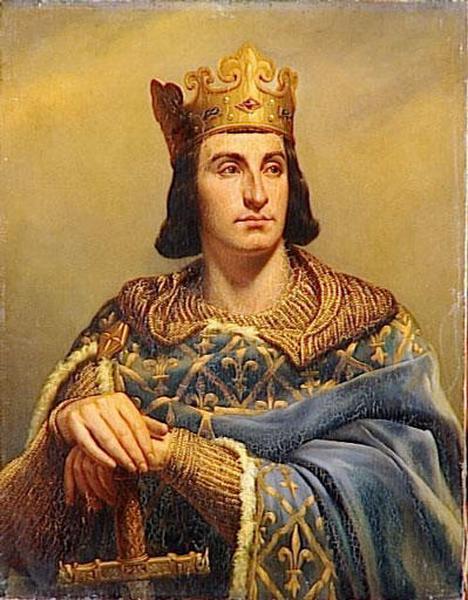 Biography of Philip III
Biography of Philip IIIBiography of Philip III:
Philip III was born on April 10, 1245 in Poissy, France and was able to take over the kingdom of this country until 1270. He was from the Captian dynasty and was the son of Louis IX. His mother was Margaret of Provence, who gave him to France.
He was present in the 8th crusade with his father, and when he returned from the war in Tunisia, when his father died, he was able to take over the kingdom of France when he was 25 years old.
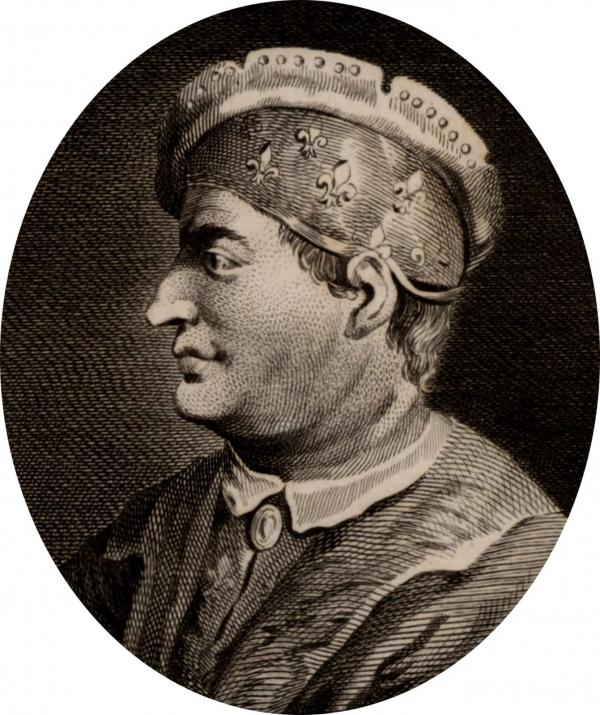 Philip III of France
Philip III of FranceThis king is introduced as a soft-tempered and thin-natured person, and Farnam Bibak praises him for his ability to fight and ride, not for his temperament. Although Philip III is considered a religious person, he did not promote religion. In politics, he was a supporter of people like Pierre de la Brus and then his uncle Charles I of Sicily.
After his coronation in the crusade, he announced a truce that lasted for ten years.
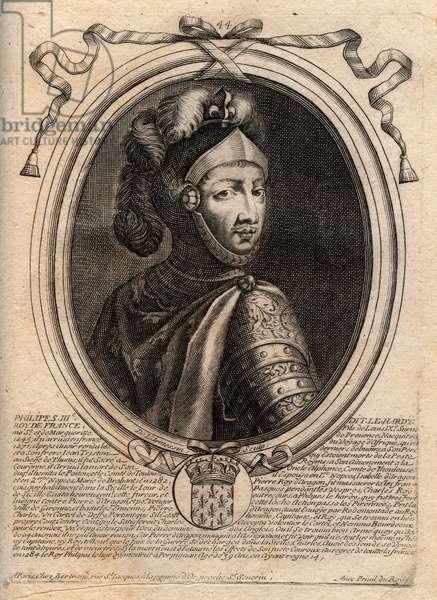 Paintings left by Philip III
Paintings left by Philip IIIDeath of Philip III:
Finally, when he and his sons were leading a large army, people suffered from an epidemic of dysentery, and the king was not spared like other people and fell ill. He died in Perpignan and was buried in Saint-Denis.
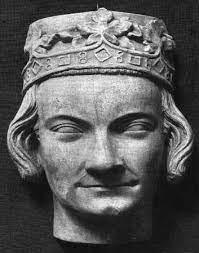 Statue of Philip III
Statue of Philip IIIDante mentions this king in his famous book Divine Comedy and sees him outside the gates of purgatory with a group of European leaders at that time. Although Dante does not mention him directly, he mentions him as the little nose and the father of the plague of France.
compilation: Cover biographical section






